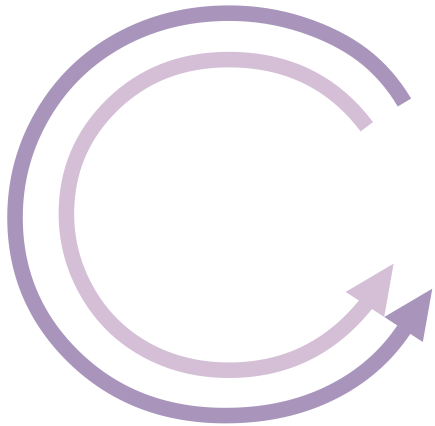c.cc
Hardware supported by occam-π
As it turns out, occam-π (and the Plumbing library) work on many different platforms: desktop-class systems running Windows, Mac, and Linux, as well as small platforms like the Arduino and (soon) the LEGO Mindstorms RCX/NXT. In addition to software, our group develops open hardware to better support our explorations of concurrent and parallel programming on small devices.
We have two new hardware designs: the c.cc board and the Cardboarduino. A summary of each is provided below.
The c.cc board
We have, under the leadership of Omer Kilic, developed a new Freeduino variant (details). This design was developed for several reasons:
- Cost Control
It is a surface-mount design, and with our own design we can order in bulk and, ultimately, evolve and extend the design to support future research projects. - Parallelism
The c.cc board supports up to four LEDs (which can be enabled or disabled with solder jumpers) allowing us to immediately parallel programming in educational contexts without any additional circuitry. - LiPoly for Power
We replaced the barrel-jack connector common on most Arduinos with an adapter compatible with many LiPoly battery packs. - Step-up Power Supply
The c.cc board can be run on a single AA battery. This cuts costs and shrinks designs. - Mini-USB
The board uses a mini-USB connector for talking to the computer you are programming it from, as opposed to a full-size USB B connector.
The Cardboarduino
This is Matt’s first-ever hardware design (details). It is a low-fidelity AVR design developed originally for use with first-year undergraduates at Allegheny College as part of the linked course FS102: Technology and Activism and FS102: Art and Activism.
